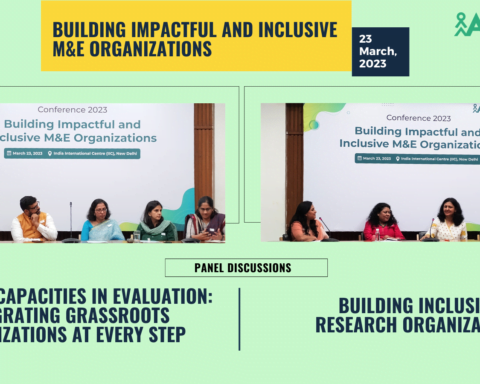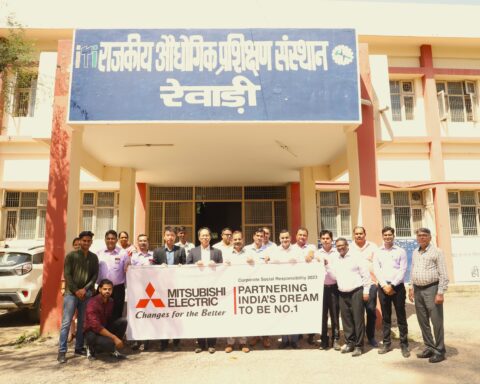In India, CSR initiatives are generally focused on education, healthcare, social welfare, and the environment
In India, CSR initiatives are generally focused on education, healthcare, social welfare, and the environment. Following the pandemic, a significant amount of money is being directed to COVID-related projects that promote preventive healthcare, sanitation, and disaster management. Companies recognise the value of giving back to society and are investing more than the required amount in CSR operations in these difficult economic times. However, the following questions loom:
Are businesses actually making an impact on the recipients, despite all of their spending?
What do businesses mean when they say “impact”?
How can businesses effectively assess and monitor the impact of their CSR efforts?
What does this imply for business strategy?
Companies have been hiring third-party agencies or in-house teams to assess the impact of development programmes and CSR projects for the past few years. They want to know what tangible and intangible improvements the projects have made in the lives of the people who have benefited from them. This assists businesses in comprehending the project’s ultimate conclusion as well as how beneficiaries see these programmes.
The ratings differ based on how well the organisation understands the situation. Impact is the actual change — social and environmental — for some organisations. To obtain data on the lives impacted, one insight-driven technique of analysing social effect could involve mapping behaviour changes among recipients. Quantitative surveys can be used to identify important changes and their underlying causes, and qualitative interviews can be used to bring social impact stories to the forefront. Impact assessment has evolved into a tool for businesses to convey the outcomes of their efforts to important stakeholders such as implementation partners, shareholders, and the board of directors. However, in India, the first country to make CSR expenditure and reporting a legal requirement, the notion is still in its infancy. However, Indian businesses must reconsider their approach to impact assessment and valuation.





























